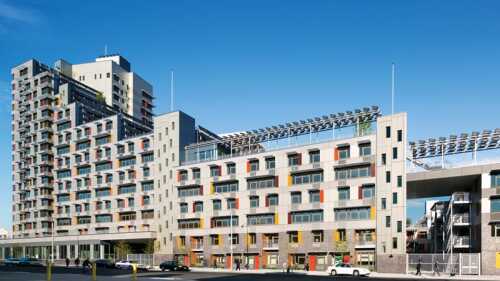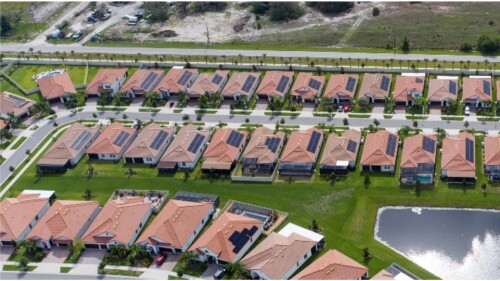Teng Chye Khoo, fellow of the Centre for Liveabile Cities, a global knowledge center for livable and sustainable cities, and chair of ULI’s Asia Pacific region, presented his views on the lessons underpinning Singapore’s stronghold as one of the world’s most livable cities.
Khoo emphasized the importance of taking a systems approach in tackling quality-of-life challenges. While much emphasis is often placed on how to measure the livability of cities and between cities, in his presentation Khoo focused on urban systems. Underpinning the Centre for Liveable Cities’ Liveable City Outcomes are an integrated master planning system and a dynamic urban governance approach.
Systems expert, Donella Meadows, describes a system as “an interconnected set of elements that is coherently organized in a way that achieves something”. Understanding an urban system requires systems thinking to understand how all the parts of a system interact.
Systems thinking and the urban systems model is fundamental to tackling complex challenges such as housing affordability as Khoo urged, addressing housing affordability is about creating a city for all. Here Khoo presented Kampong Admiralty as an example of taking a systems perspective and an integrated approach to creating a highly livable vertical village or kampong.
Located in the Woodlands neighborhood of Singapore, Kampong Admiralty is a mixed vertical village. Described by the architects Woha as " a layered ‘club sandwich’ approach” consisting of “a community plaza in the lower stratum, a medical center in the mid stratum, and a community park with apartments for seniors in the upper stratum.” It is an integrated public housing model that has been much celebrated for its proximity to healthcare, social, commercial and other amenities and supporting outcomes for greater intergenerational connectivity and active ageing in place.
Kampung Admiralty is evidence of the integrated master-planning approach Khoo described. Further the dynamic urban governance enabled cross government agencies to coordinate the planning, design and delivery of functions and facilities on the one site creating what Khoo referred to as a “one minute village”.
Just as liveability is a dynamic process and quality of life differs among communities and changes over time, Khoo also stressed the importance of an ongoing review and evaluation of the outcomes of these policies as being critical to be understood in line with changes and emerging trends. It is not a case of set and forget as we are all aware of how rapidly things have changed and accelerated during the pandemic and responding to changing demographics—such as the ageing population—social trends, and the aspirations of our communities.
What can Australia learn from this model? Khoo stressed that many overstate the uniqueness of the city-state, Singapore model, while recognizing that “governance is more complex in other countries.” Khoo laid out 10 principles that remain valid for all cities as they strive to increase quality of life, a sustainable environment and economic competitiveness [see text box]. “It’s about achieving diversity, equity and inclusion—addressing ULI’s key priorities for the communities we are all part of,” said Khoo.






